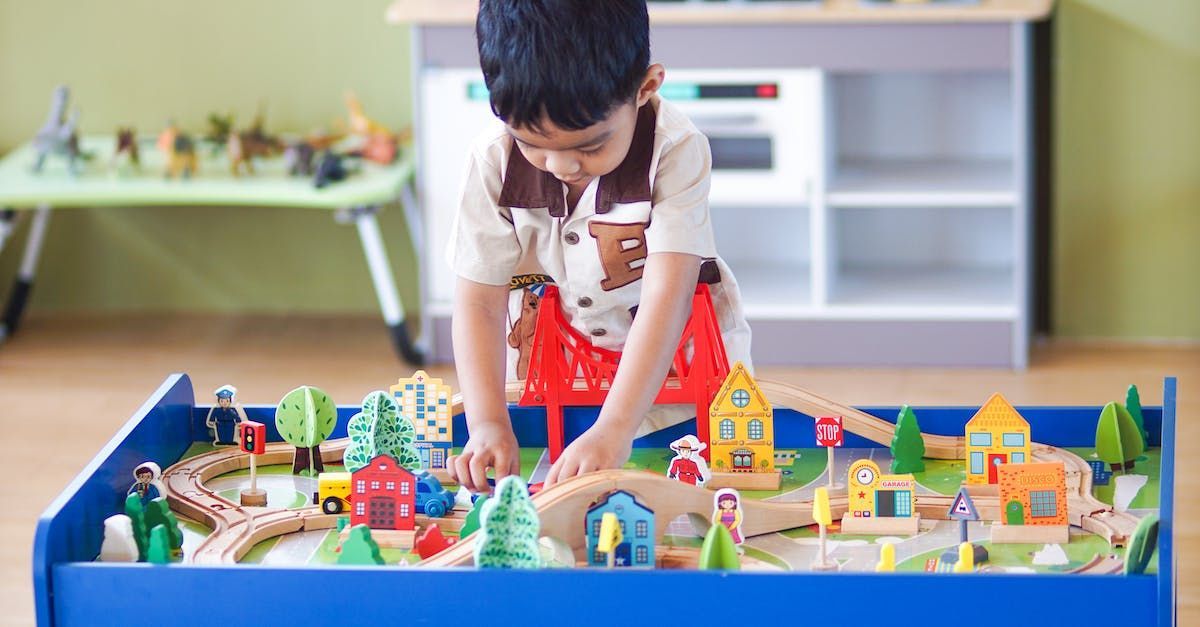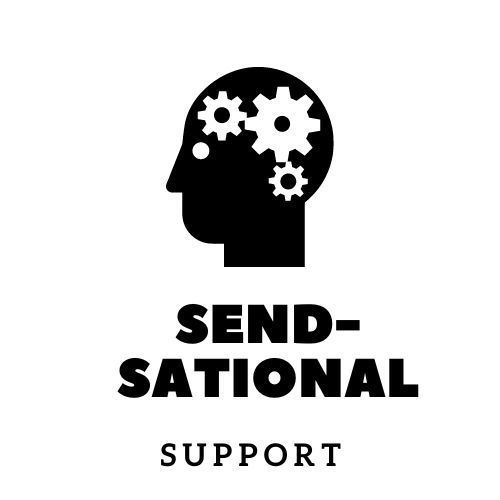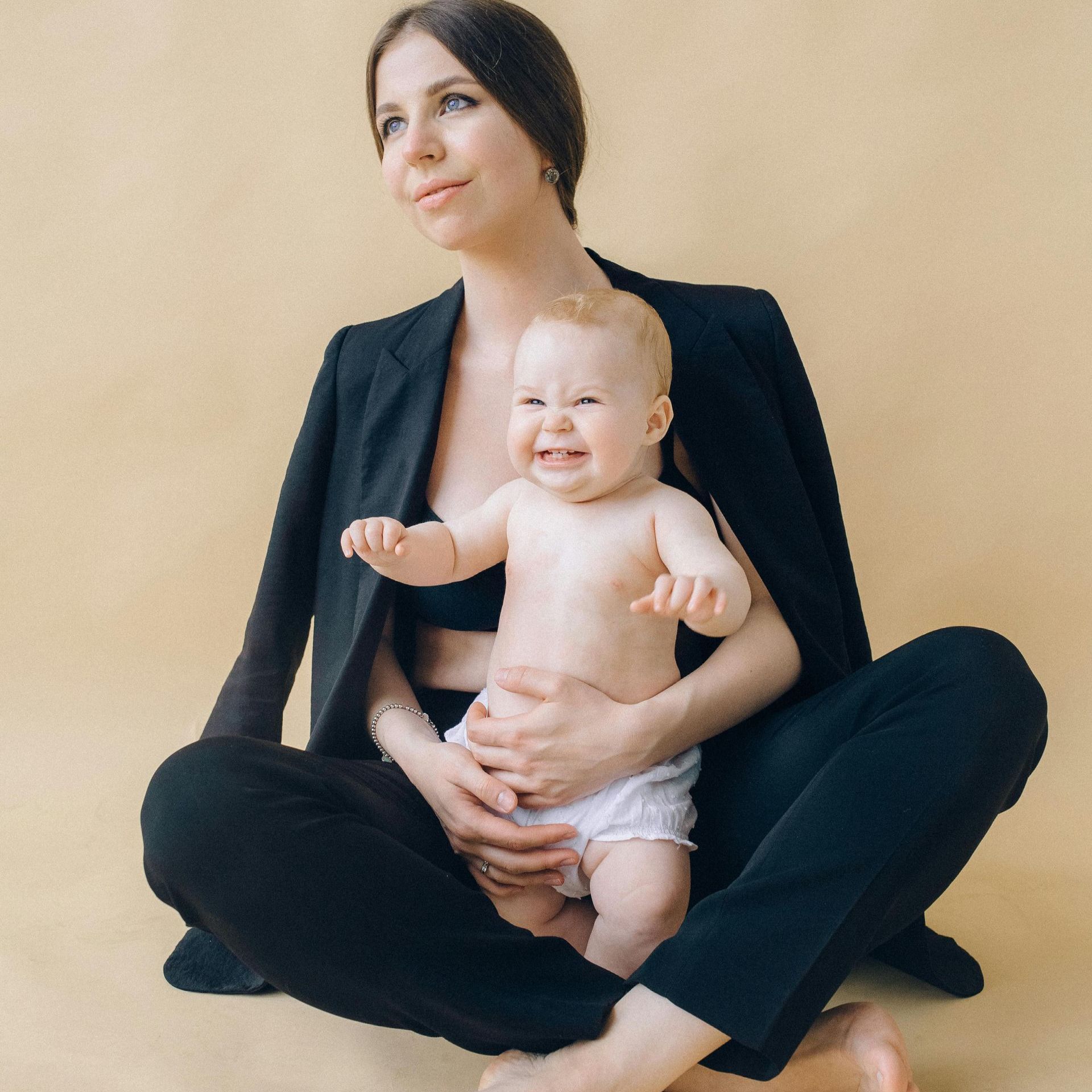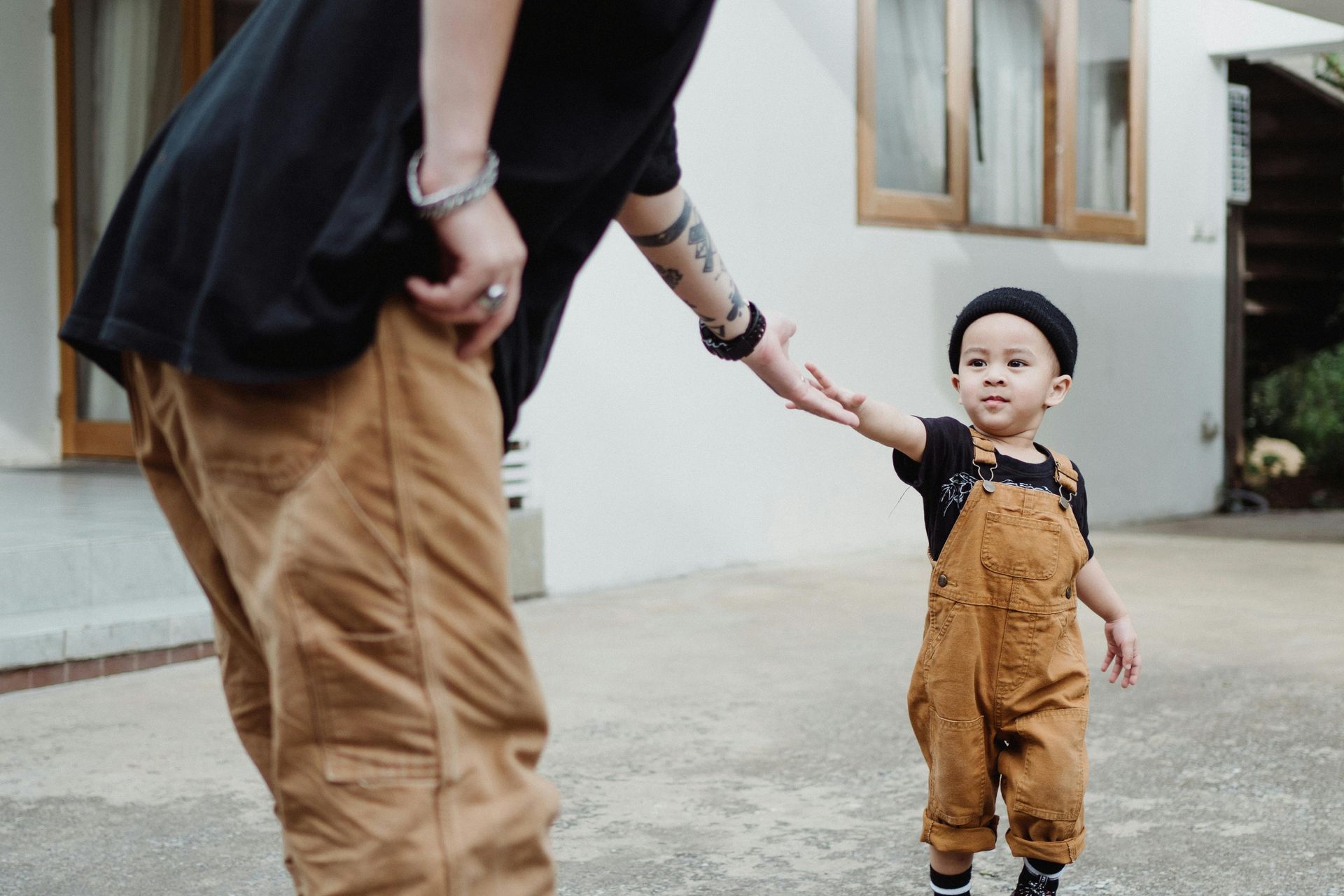Crafting an Inclusive Early Years Environment
What Does an Accessible Environment Look Like?

Creating an inclusive early years environment that caters to children with Special Educational Needs and Disabilities (SEND) is a paramount endeavor. It hinges on promoting flexibility, which is pivotal for staff's self-assurance and, subsequently, the holistic development and well-being of young learners.
This blog looks at how to foster flexibility and what that looks like in an early years environment?
Advocating for Personalised Approaches
Every child is a unique individual with distinct requirements, abilities, and learning styles. To accommodate this diversity effectively, it is crucial that an inclusive environment embraces flexibility. This flexibility empowers staff to adopt personalised approaches that cater to each child's specific developmental needs. By tailoring activities and experiences to accommodate diverse learning preferences, interests, and strengths, staff can enhance children's engagement, motivation, and overall educational outcomes.
Supporting the Inclusion of Children with SEND
Flexibility becomes particularly indispensable when addressing the needs of children with SEND. Empowering staff to adapt their teaching methods, resources, and surroundings to support these children fosters an environment where all children can thrive. By equipping staff with the necessary tools, training, and resources to address the unique needs of children with SEND, an inclusive environment cultivates confidence, competence, and empathy among the staff.
Encouraging Reflective Practice
Flexibility facilitates ongoing reflection on teaching practices, enabling necessary adjustments to better support children's development. An inclusive environment that embraces flexibility encourages staff to engage in continuous professional development, collaborate with colleagues, and seek feedback from children, families, and specialists. This reflective practice boosts staff confidence as they continually refine their skills and knowledge, ensuring that they provide the best possible support to all children.
Embracing Multidisciplinary Collaboration
Cultivating staff confidence in an inclusive environment requires adopting collaboration and partnerships with professionals from many disciplines. Staff may collaborate with speech and language therapists, occupational therapists, or inclusion specialists who provide invaluable insights and guidance. Actively involving external professionals broadens staff's understanding of children's needs and equips them with new strategies and techniques to enhance their practice. This collaboration reinforces staff confidence, empowering them to offer a comprehensive and inclusive educational experience to all children.
Promoting a Growth Mindset and Resilience
An environment that champions flexibility nurtures a growth mindset among staff. By embracing fresh challenges, adapting to diverse situations, and remaining open to feedback, staff members develop resilience and confidence in their capabilities. They become more willing to explore innovative approaches, take calculated risks, and seek creative solutions to meet the diverse needs of children. This growth mindset not only benefits staff but also sets an inspiring example for children, encouraging them to embrace challenges, persevere, and cultivate their own confidence.
Staff Confidence Translates to High-Quality Care
Establishing an inclusive environment that upholds flexibility is foundational for building staff confidence in early years settings. Our consultancy service can empower staff to adopt individualised approaches, support children with SEND, engage in reflective practice, collaborate with professionals, and nurture a growth mindset. In such an inclusive environment, staff members feel self-assured, competent, and motivated. SENDsational support can play a pivotal role in building this confidence, ultimately resulting in the provision of high-quality education, support, and care for all children. This ensures that every child is afforded the opportunity to realise their full potential.










